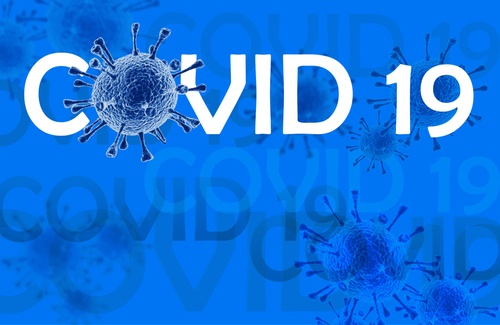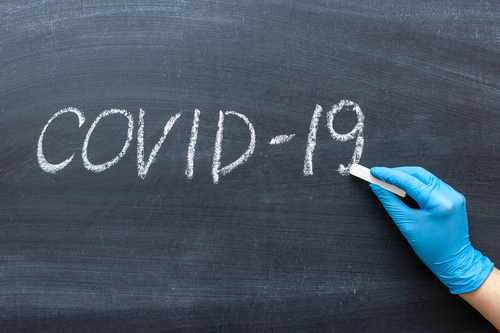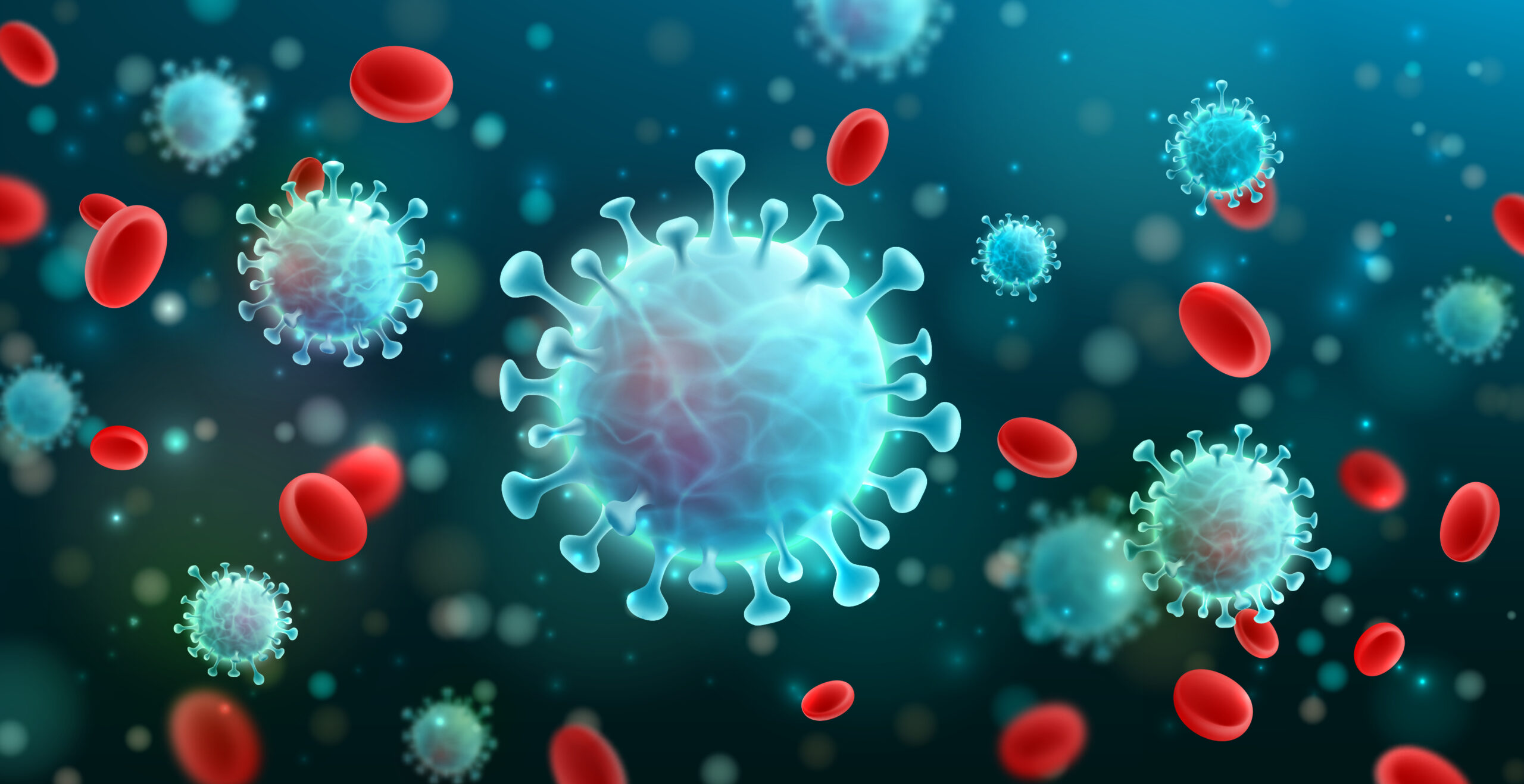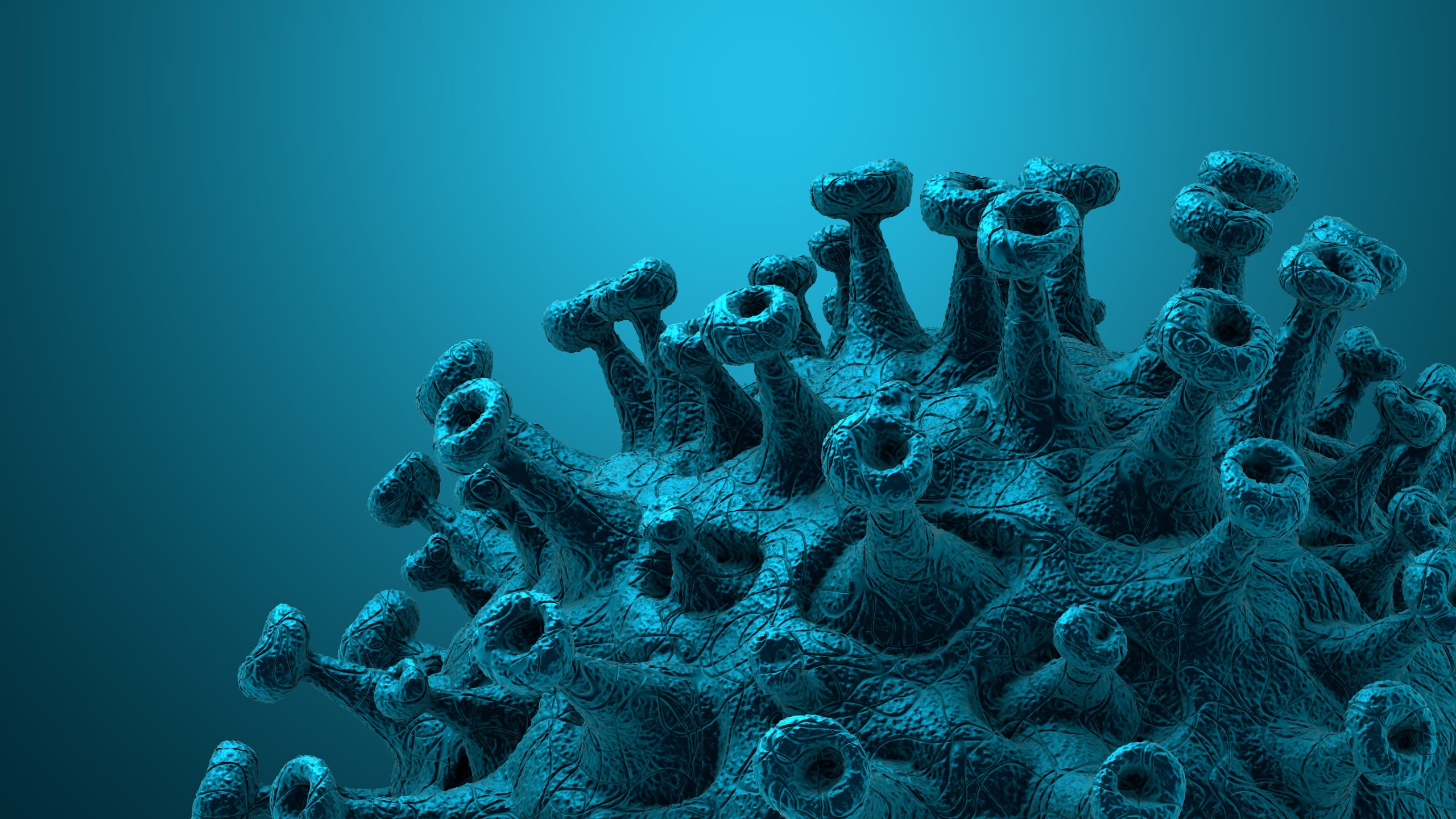Patients on hemodialysis and those who are recipients of kidney transplantation are at high risk for SARS-CoV-2 infection and more serious COVID-19 course. Patients in those populations are strongly advised to receive vaccination against COVID-19; however, the protective immune response is significantly lower in those patients, particularly when comparing kidney transplant recipients with healthy individuals.
Early data suggest that a third dose in kidney transplant recipients elicits a seroresponse among a significant number of previous nonresponders (40%-50%) and augments serotiters above those seen following a second vaccine dose in previous responders.
There is growing evidence of a correlation between neutralizing antibody levels measured by commercially available assays and protection against (re)infection. However, according to Louise Benning, MD, and colleagues, most studies were conducted with the SARS-CoV-2 wild-type and B.1.1.7 (a) strains were the predominant variants, and the situation may not translate to the situation with emerging variants of concern, including B.1.351 (ß) and B.1.617.2 (d). In particular, B.1.617.2 has significantly higher transmissibility and may escape vaccine-induced immunity.
There are few data available regarding protection against the variants in immunocompromised patients. The researchers conducted a prospective two-center study to examine whether kidney transplant recipients with seroconversion following two-dose vaccination are protected against emerging variants of concern. Results of the study were reported in the Clinical Journal of the American Society of Nephrology [2022;17(1):98-106].
Antispike 1 IgG and surrogate neutralizing antibodies were measured in 173 kidney transplant recipients and 166 healthy controls with different vaccination schedules. Additionally, different SARS-CoV-2 epitope antibodies from 135 vaccinated kidney transplant recipients were compared with antibodies in 25 matched healthy controls after the second vaccination. In 36 kidney transplant recipients with seroconversion, neutralization against B.1.1.7 (a), B.1.351 (ß), and B.1.617.2 (d) was determined on VeroE6 cells and compared with neutralization in 25 healthy controls.
Seropositivity was defined as a result above the respective threshold in at least two of the three commercially available assays: anti-S1 IgG (measured by chemiluminescent immunoassay; cutoff index greater than or equal to one), surrogate neutralizing antibodies (measured by the surrogate virus neutralization test; cutoff ≥30%), and antireceptor-binding domain (anti-RBD) antibodies (measured by the bead-based Luminex assay; cutoff mean fluorescence intensity [MFI] ≥3800).
Participants were prospectively enrolled from December 29, 2020, to June 21, 2021. Anti-S1 and surrogate neutralizing antibodies were measured in 73 and 135 kidney transplant recipients and in 115 and 134 healthy controls after the first and second vaccinations, respectively. Antibodies against various SARS-CoV-2 target epitopes were measured following the second vaccinations by multiplex analysis in 135 kidney transplant recipients and compared with results in 25 healthy controls matched for type of vaccine, age, and sex.
Median age in the kidney transplant recipient cohort was 55 at first vaccination and 55 at second vaccination; median age in the full healthy cohort median age at first vaccination was 39 and 43 at second vaccination 43). At both the first and second vaccination, the full healthy cohort was more likely to be female, compared with the kidney transplant cohort.
Immunosuppression medications used by the kidney transplant recipients included calcineurin inhibitor, mycophenolic acid, mammalian target of rapamycin inhibitor, azathioprine, belatacept, and steroids.
Kidney transplant recipients had significantly lower seroconversion rates compared with healthy controls. Following the first vaccination with an mRNA (BioNTech or Moderna) or AstraZeneca (AZ) vaccine, anti-S1 IgG antibodies were significantly lower in kidney transplant recipients with median indices of 0.1 and 0.1 compared with 9 and 2, respectively, in the full healthy control cohort. First vaccination with an mRNA vaccine resulted in a median surrogate neutralizing antibody activity that was significantly lower in kidney transplants with 0% compared with 69% in the full healthy control cohort (P<.001). In participants who received a first vaccination with the AZ vaccine, neutralizing antibody activity did not differ between the groups (median, 21% in kidney transplant recipients and 16% in healthy controls).
After the second vaccination, reactivity against different measured spike protein epitiopes was significantly lower in 135 kidney transplant recipients compared with 25 healthy controls matched for vaccine type, sex, and age. Median MFI values of kidney transplant recipients were 914 for the full spike, O for the S1, 227 for the RBD, and 0 for the SC protein, compared with 23,166; 16,682; 19,650; and 8908 in matched healthy controls, respectively (P<.001 for all).
Neutralization activity against different variants of concern was analyzed after the second dose. The analysis utilized a neutralization assay on VeroE6 cells in 36 seropositive kidney transplant recipients and compared the results with those in 25 matched healthy controls. All seropositive kidney transplant recipients showed neutralizing activity against the B.1.1.7 (a) variant with a median ID50 of 80; only 23 of 36 (64%) and 24 of 36 (67%) seropositive kidney transplant recipients showed neutralization activity against the variants of concern, B.1.351 (ß) and B.1.617.2 (d), respectively. Median ID50 values were 20 and 20, respectively. All matched healthy controls showed neutralizing activity against all tested variants.
Study limitations cited by the authors included the largely unknown correlate of protection against symptomatic infection or severe disease progression; there may be significant variation in the known correlates of protection between different strains of SARS-CoV-2. Another limitation is the lack of data on cellular immunity, that may be impaired in kidney transplant recipients.
In summary, the researchers said, “This study shows that a large proportion of kidney transplant recipients may not be adequately protected against the emerging variants of B.1.351 (ß) and B.1.617.2 (d) with the standard vaccination regimens currently used in the healthy general population. Even if seroconversion is detectable by various commercially available assays, neutralization of these variants may not be sufficient to protect against infection. Additional vaccinations appear to be required in kidney transplant recipients to maintain high levels of neutralizing antibodies, especially when B.1.617.2 (d) or other variants with partial escape from neutralizing antibodies become more prevalent.”
Takeaway Points
- In kidney transplant recipients, antibody response following vaccination against SARS-CoV-2 infection is impaired; emerging variants such as B.1.351 (ß), and B.1.617.2 (d) are of particular concern due to their higher transmissibility.
- Results of a two-center prospective study measuring antispike 1 IgG and surrogate neutralizing antibodies in 173 kidney transplant recipients in comparison with 166 matched healthy controls were reported.
- Compared with the healthy controls, kidney transplants had significantly lower seroconversion rates following the standard two-dose vaccination regimen.






 © 2025 Mashup Media, LLC, a Formedics Property. All Rights Reserved.
© 2025 Mashup Media, LLC, a Formedics Property. All Rights Reserved.